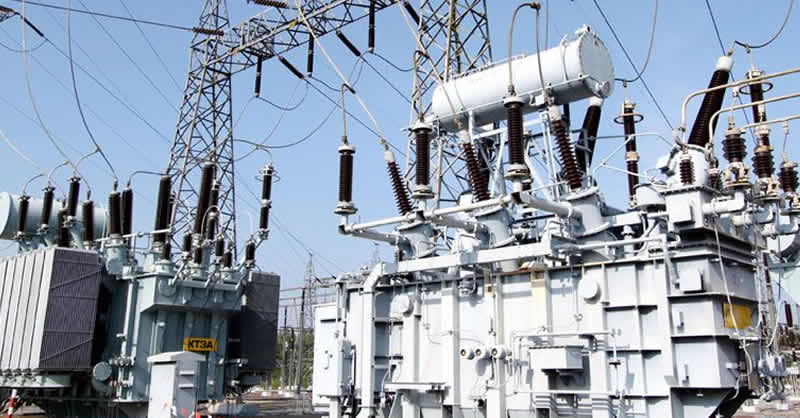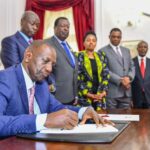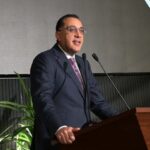The Minister of Power, Adebayo Adelabu, has announced that Nigeria’s national power grid will gain an additional 150 megawatts (MW) before the end of 2024.
This expansion stems from the ongoing Presidential Power Initiative (PPI), a collaborative effort aimed at revamping the country’s electricity transmission infrastructure.
Adelabu disclosed this on Thursday during a briefing with journalists after a meeting between German President Frank-Walter Steinmeier and Nigerian President Bola Tinubu at the Presidential Villa, Abuja. He noted that 80% of the pilot phase of the PPI has been completed, involving the installation and commissioning of 10 power transformers and 10 mobile substations.
“These installations have added 750MW to our grid transmission capacity, which accounts for the relative stability recently observed in the grid,” Adelabu stated. “We anticipate that the remaining work will be completed before year-end, contributing an additional 150MW to the grid.”
- Advertisement -
The national grid, long criticized for its fragility, has faced 12 collapses this year alone, underscoring the urgency of infrastructure upgrades. Adelabu described the grid as “quite fragile and dilapidating,” while assuring that ongoing projects under Phase One of the PPI would bring stability.
Despite these efforts, Nigeria’s grid struggles to meet the energy demands of its over 200 million citizens. The country generates just a fraction of its 13,500MW installed capacity, with frequent blackouts attributed to aging infrastructure, underinvestment, and attacks on transmission lines.
To address these challenges, the government has initiated reforms, including allowing states to generate their own power and working with the World Bank to deploy 1,000 mini-solar grids for rural areas. Experts like Sherisse Alexander of WATT Renewable Corporation advocate for decentralized energy sources, such as solar systems paired with storage, to complement the national grid.
While progress remains gradual, the anticipated 150MW expansion is a step toward stabilizing Nigeria’s electricity supply, which the World Bank estimates costs the economy $29 billion annually due to outages and inefficiencies.









